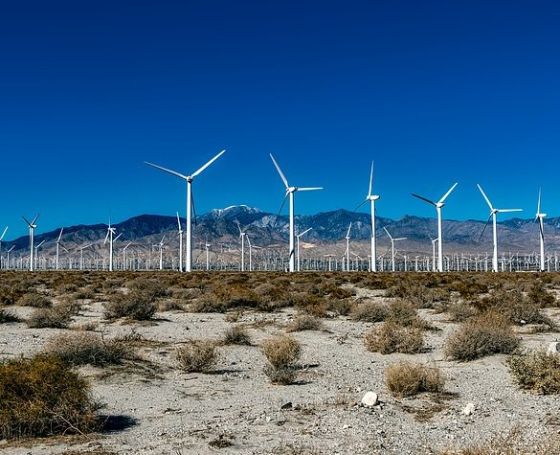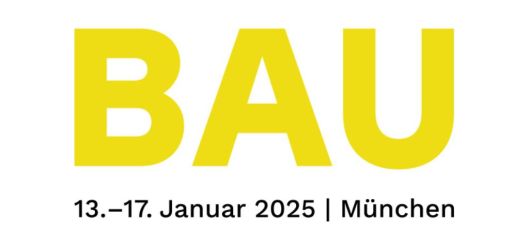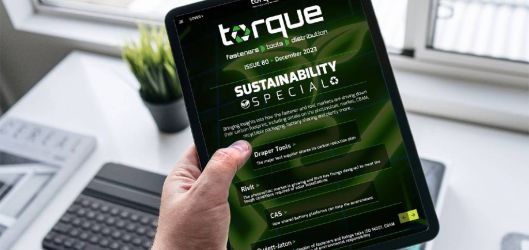
Dropping tariffs and easing trade for components used in eco-friendly technology is vital to move to a greener economy, according to the UN.
At the United Nations Conference on Trade and Development, currently underway, UNCTAD Secretary-General Mukhisa Kituyi has said that access to 'green goods' should be encouraged by moving away from protectionism.
Potentially, this proposal would have beneficial implications to certain areas within the fastener industry, such as those used in green technologies, including wind farms.
"If our goal is to spread the use of green technology, then we have to ease trade within value chains, boost innovation, and help transfer green technology into the developing world," Dr Kituyi said.
"But we have to use trade policy in such a way that we move away from protectionism towards sharing the benefits of a cleaner, greener global economy. We may come from different nations, but we are one, single global community, and on both climate change and trade, we sink or swim together."
In a speech at the Conference, Dr Kituyi added that international trade is traditionally seen as the purchase and sale of finished goods, but in fact the vast majority of it involves intermediate and unfinished goods, brought together from different countries for assembly in a single, final, location. Silicon modules, vital to the production of solar panels, may be labelled "Made in the US", but their component parts are sourced from China, Japan, and Europe. Similarly, photovoltaic cells "Made in China" are manufactured with equipment from Germany, Switzerland, and the United States.
Liberalising the trade of green goods - by dropping tariffs and addressing non-tariff measures - would facilitate access to these goods, and therefore their use, he added, potentially easing the way for developing countries to produce more green goods and explore ways to enter the relevant value chains.
Calls to ease trade tariffs appear to run contrary to the intentions of the incoming US President Donald Trump, who has previously discussed raising tariffs on goods from China, for example, by 45%.



